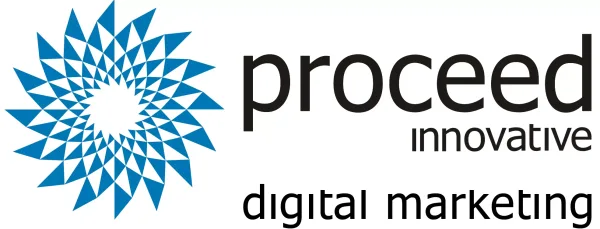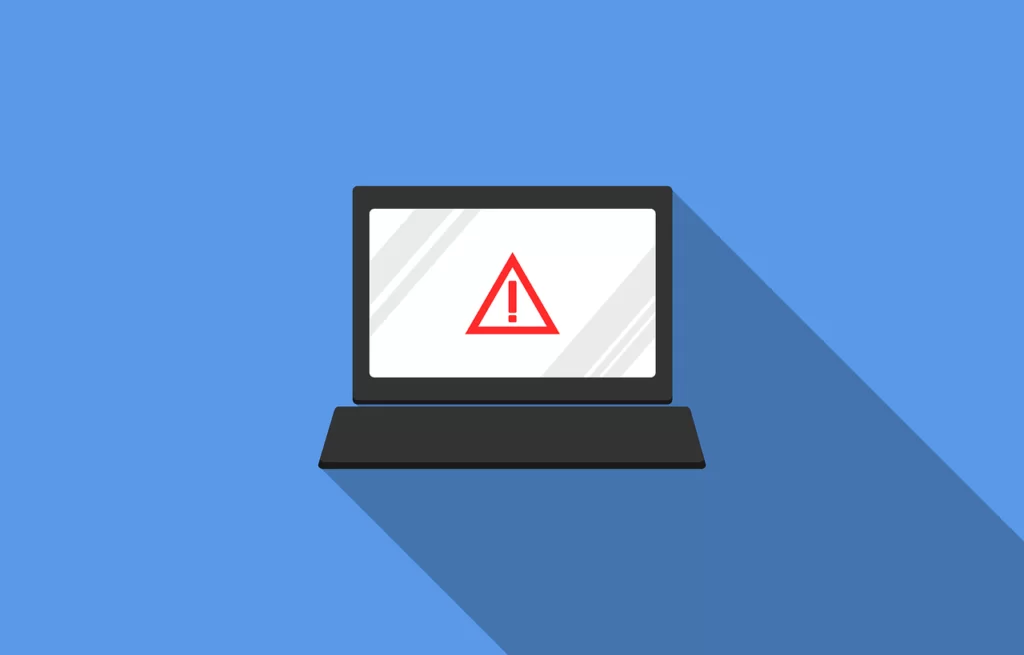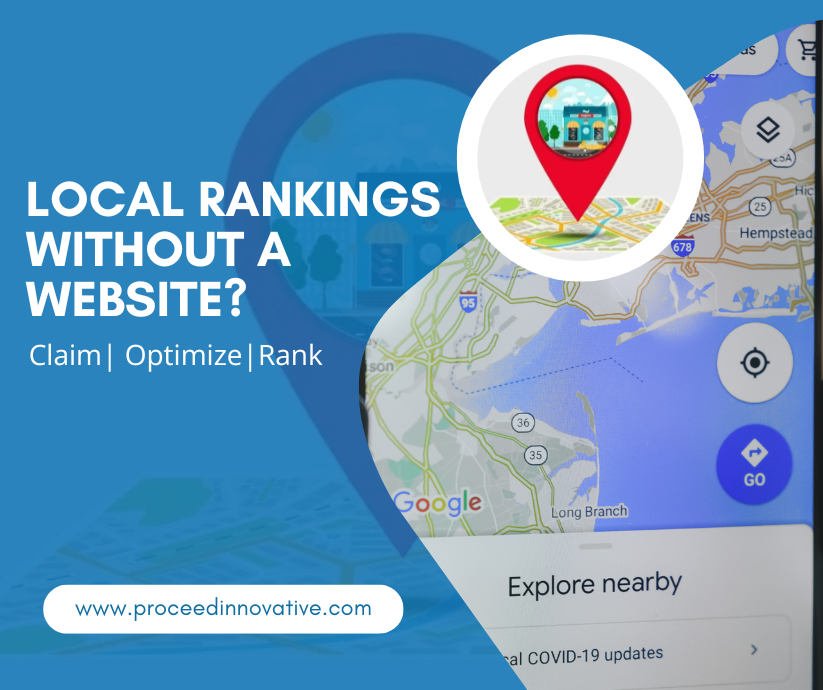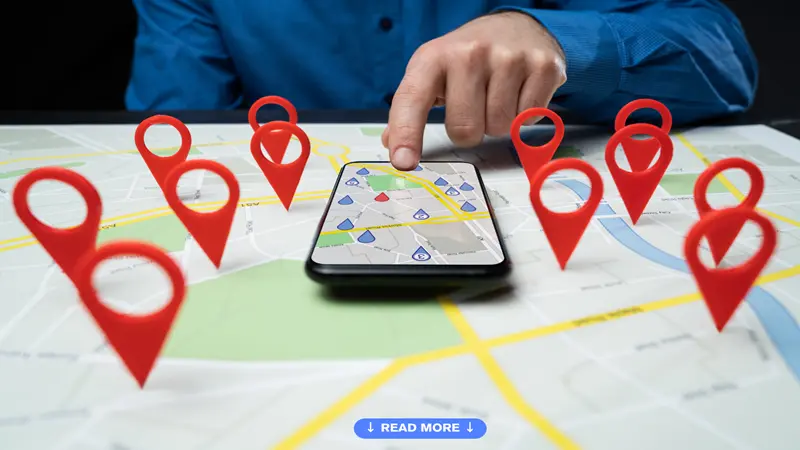Developing and launching a website can be a long process and it is exciting to get the website for your business up and running. However, just because your website is launched, that does not mean that you can let it be. Websites require ongoing maintenance to ensure their functionality, and search engine optimization (SEO) efforts will help your website rise in the rankings on the search engine results pages (SERPs). The most important part of website maintenance is taking steps to keep it secure.
Websites are vulnerable to data breaches and cyberattacks which makes it important to put website security measures in place. If your website is unsecure, you are putting your business and the personal data of your customers at risk. Website security is an ongoing process that requires consistent maintenance to ensure that your website is always as protected as possible.

In this guide, we will discuss the importance of website security as well as what you can do to protect your website from threats such as data breaches and cyberattacks. It also helps to work with a professional web developer to help identify and implement needed security measures for your website.
The Importance of Website Security
All websites are vulnerable to hackers, data breaches, malware, cyberattacks, and other threats that can harm your website and jeopardize your data. Malware can be installed on your website that can destroy its functionality or block your website from appearing in the SERPs which can drastically decrease traffic. If a data breach compromises customer data, your business can be sued by customers whose data was compromised.
Small businesses may believe that they are safe from hackers and attacks because hackers tend to target bigger websites with more data. While this may be true when it comes to data breaches, there are several reasons why attackers will target smaller websites as well.
No matter the size of your website, attackers may target you to accomplish the following:
- Exploit users
- Steal any data they can find
- Engage in black hat SEO by tricking bots and crawlers
- Deface or sabotage the website
- Abuse server resources
Threats to Your Website
Your website is always vulnerable to attacks as most cyberattacks are done with automation. Automated website attacks increase the vulnerability of every website, and they have a higher success rate than manual attacks. This makes it very important to understand the various threats to your website so you can ensure that your website is secured.
- SQL injections: These attacks are done by injecting a malicious code in an SQL query that is sent to the database of the website to bring back information targeted by the attacker. An attacker can even add or modify information in a database with this type of attack.
- Cross-site scripting (XSS): These types of attacks inject malicious scripts that allow for the attacker to take the website over. The attackers can put new content onto the website and affect how it is displayed. The website will execute the code provided by the attacker with the level of privilege of a site administrator.
- Credential brute force attacks: These attacks consist of attackers using a combination of usernames and passwords to gain access to the admin section of the website in the CMS. Attackers can do a lot of damage to your website once gaining this access.
- Malware infections and attacks: Once an attacker gets unauthorized access to your website, they can infect your website in the following ways:
- SEO spam
- Backdoor access
- Collection of credit card data and visitor information
- Server exploits to increase level of access
- Cryptocurrency mining on user’s computers
- Store command and control scripts for bots
- Host malicious downloads
- Redirect traffic to scam sites
- Show unwanted ads
- Attack other websites
- DoS/DDoS attacks: A Distributed Denial of Service (DDoS) attack is an attack in which a website is flooded with fake traffic to slow it down or take it down.
Securing your Website from Cyberattacks
There are many ways that your website can be attacked if it is vulnerable, and it can be attacked any time. The last thing you want is for an attack to occur in the middle of the night for you to find your website compromised or down the next morning.
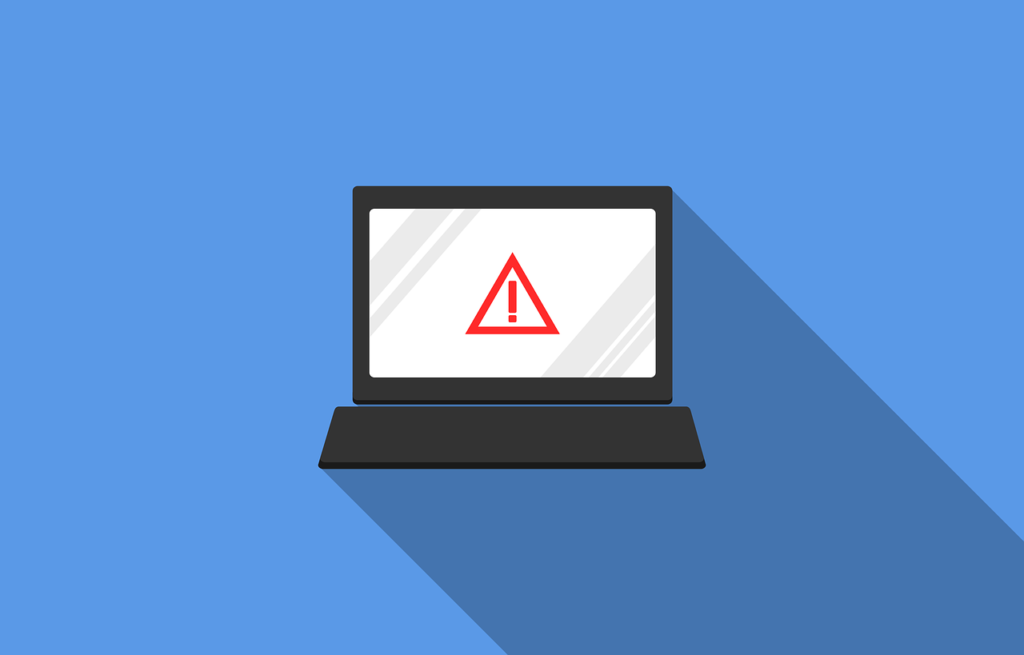
The best way to secure your website is to take the following actions which will make the site much less vulnerable to cyberattacks and malware:
- Update software and plugins: Outdated software and plugins are vulnerable to cyberattacks. Make sure you always update the software and plugins for your website as these updates will contain enhanced security and repair vulnerabilities. You may be able to set up automatic updates and if not, check for available updates regularly.
- HTTPS and SSL certificates: Securing your URL and the transfer of information from your website to the database will help protect against cyberattacks:
- HTTPS: Using HTTPS (Hypertext Transfer Protocol Secure) for your URL instead of HTTP will provide an extra layer of security. This protects against interceptions and interruptions while the content is in transit.
- SSL certificate: An SSL (Secure Sockets Layer) certificate encrypts information transferred between your website and the database and protects it from being intercepted in transit by anyone without proper authority to access the data. You should have an SSL certificate in place to protect data from user registration, signups, and any type of transaction.
- Create unique passwords: You may have to create multiple passwords for CMS access for your website. No matter how many passwords are needed, always use unique passwords, do not use the same password for multiple logins. When you need a password, it is best to use a smart password that contains a combination of numbers and symbols as well as both uppercase and lowercase letters. Smart passwords are practically unguessable. You should also consider changing passwords every three months for added security.
- Use a web host that is secure: When looking for hosting for your website, make sure the host is as secure as possible. Some hosting providers may offer better security features than others. You should look for the following when deciding on a hosting provider:
- Make sure they offer a Secure File Transfer Protocol (SFTP)
- FTP use by unknown users should be disabled
- Make sure they offer file backup services
- Make sure they stay current with their security upgrades
- See if they use a Rootkit Scanner
- Limit user access and administrative privileges: Many businesses may want to give several of their employees access to the website and administrative privileges, but it may be best to limit who has access. Make sure you only give access to those who are familiar with the CMS so they don’t do something that results in a security issue. All employees who are given access should be educated on the use of passwords and software updates to keep the website secure. You should also keep a record of who has administrative access.
- Change CMS default settings: A lot of automated cyberattacks are set to attack default CMS settings. Changing the default settings within the CMS will better protect your website from attacks. You can change a range of default settings including file permissions, user settings, and control comments. Make sure to customize the permission settings for each user that is given access to the CMS.
- Backup your website: You should have several backup solutions for your website so that you can recover your website and lost files should a security incident occur. The backup information should be stored somewhere different from your website, never on the same server in case the server is compromised. Consider backing up the data and files for your website off-site, such as on a home computer or hard drive. You can also store the backup on cloud storage. When you do decide on your backup solutions, setup automatic backups so that your website can always be recovered.
- Understand server configuration files: The web server configuration files allow you to administer server rules, including website security directives. Familiarize yourself with these files to keep an eye on the current state of your website security.
- Get Web Application Firewall: A web application firewall (WAF) reads the data between the website server and data connection. All incoming traffic passes through the WAF which can block hackers as well as spammers and malicious bots. Make sure you apply for a WAF for your website.
- Tighten security network: You can improve the security of your website by ensuring that your network is as secure as possible. Employees may be inadvertently leaving a path to your website on office computers. You can tighten the security within your network by implementing an expiration for logins after a certain period of inactivity, scanning all network devices for malware each time they are connected, and notifying users of password changes every three months.
Website Design, Maintenance, and Security from Proceed Innovative
The sophistication and automation of cyberattacks puts every website at risk. Ensuring the security of your website is an important part of website maintenance and requires an ongoing effort. By following the tips above, you can ensure the security of your website and protect your website data as well as personal data collected from your customers.
At Proceed Innovative, we not only provide professional web design services, but also website maintenance that includes implementing the appropriate security measures to keep your website protected from cyberattacks, data breaches, and malware. If you would like to work with a professional for web development or to maintain and secure your website, call our professionals at Proceed Innovative at (800) 933-2402.
